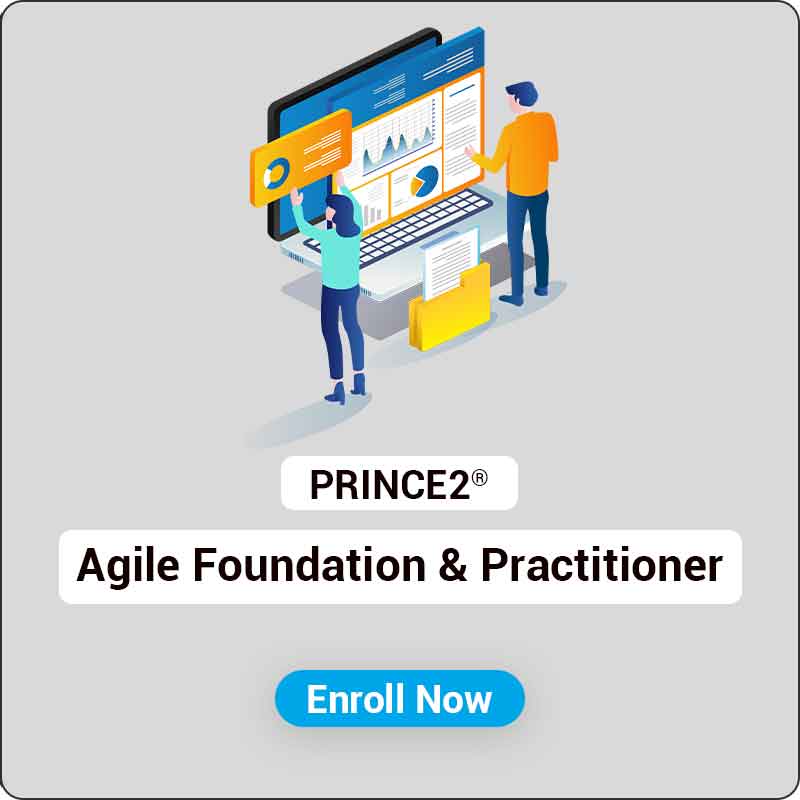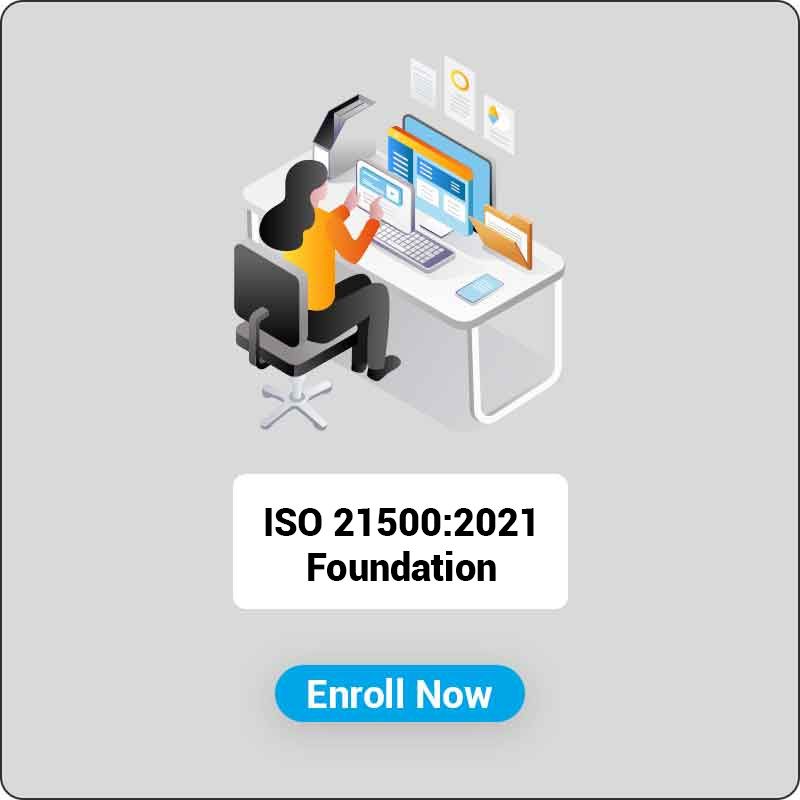MSP Foundation Certification Course
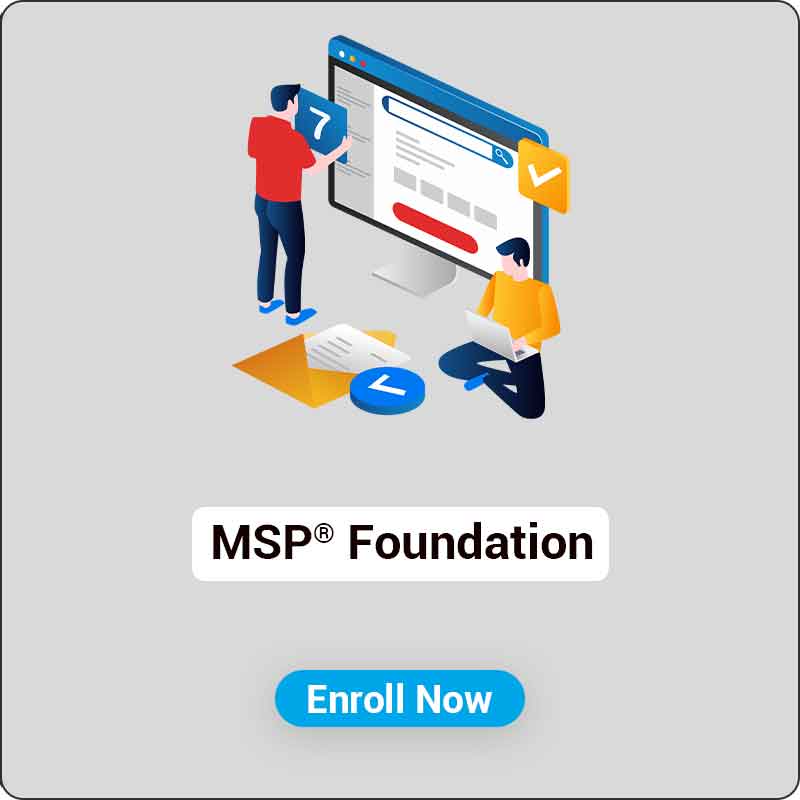
Accredited By
Course Package
Exam Voucher by PeopleCert
Official Training Material from PeopleCert
Official MSP Foundation E-Book
Highly Experienced & Accredited Instructor
Live Instructor-Led Sessions
Real Life Examples & Case Studies
Lifetime LMS Access
K-Prime Warranty
Target audience
All individuals from beginner – senior level, who are responsible and accountable for the management of IT Services in any organisation and most commonly include the below (but not limited to) designations:
- Program Managers
- Project Managers
- Program Office Staff
- Business Change Managers
- Project Team Members
- Senior Managers
- Portfolio Managers
- Consultants
Pre-requisites of MSP Foundation Certification Training
MSP Foundation has no formal pre-requisites. It is available to anyone with an interest in programme management and the MSP framework.
Exam and Certification information
- Exam Details:
- Exam Type: Multiple Choice Questions (MCQs)
- No. of Questions: 60
- Exam Duration: 60 minutes
- Pass Marks: 36 out of 60 (60%)
- Exam Type: Closed Book
MSP Foundation Certification Journey
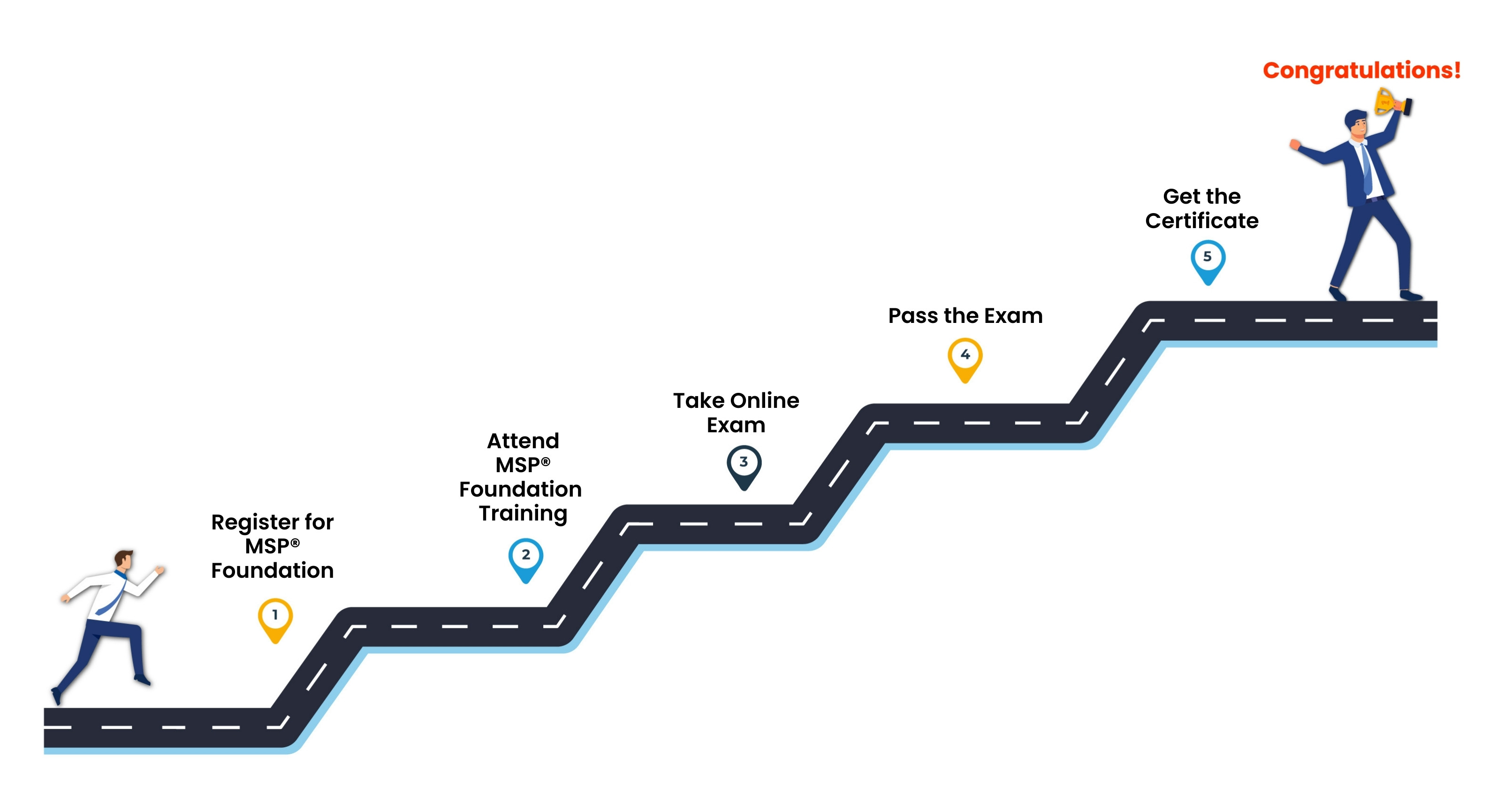
Learning objectives of MSP Foundation Course
- The key MSP Foundation learning objectives include:
- Understand the principles and concepts of program management: Participants will acquire a thorough comprehension of the MSP framework's programme management principles, concepts, and terminology. They will learn the essential components and procedures of programme management.
- Learn the MSP framework: Participants will become acquainted with the MSP structure and framework. They will comprehend the various roles and responsibilities within a programme and their interrelationships. In addition, they will understand the MSP principles, governance themes, and transformational flow processes.
- Comprehend the benefits and processes of program management: Participants will gain an understanding of the advantages of utilising programme management to achieve strategic outcomes. They will comprehend the various programme management processes, such as identification, definition, planning, delivery, and closure.
- Understand stakeholder engagement and leadership: Participants will learn the significance of stakeholder engagement in programme management and how to effectively engage and manage stakeholders throughout the lifecycle of a programme. They will also acquire knowledge of the necessary leadership qualities for effective programme management.
- Learn about program organization and governance: Participants will learn about programme organisation structures and how they contribute to the success of the programme. Participants will gain an understanding of programme governance and the duties and responsibilities of programme governance committees and other critical stakeholders.
- Develop skills in risk and issue management: Participants will learn how to identify, evaluate, and manage programme hazards and issues. They will comprehend the significance of risk and issue management to the success of the programme and acquire techniques for managing them effectively.
- Gain knowledge of benefits management: Participants will comprehend the significance of benefits management in programme administration. They will learn how to identify, plan, and monitor benefits throughout the lifecycle of a programme to ensure that they are realised and contribute to the achievement of strategic objectives.
Course Outline
- Definition and importance of program management
- Overview of the MSP framework and its key concepts
- Benefits of adopting MSP for managing programs
- Overview of the seven MSP principles
- Understanding the purpose and application of each principle
- Examples and case studies illustrating the use of MSP principles
Frequently Asked Questions.
MSP® stands for Managing Successful Programmes, a framework designed to guide the overall delivery of programmes. It includes a set of principles and processes to effectively manage programmes throughout their lifecycle.
There are no charges or fees to use MSP, and it is widely recognized as an international standard for program management. In many countries and industries, it is considered the default approach to managing programmes.

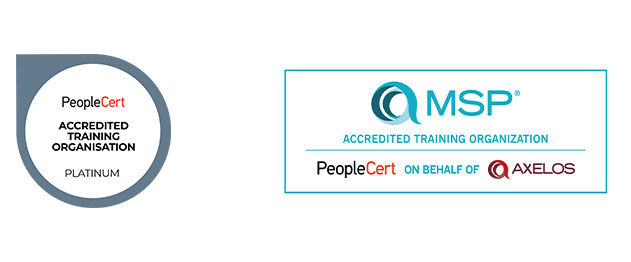
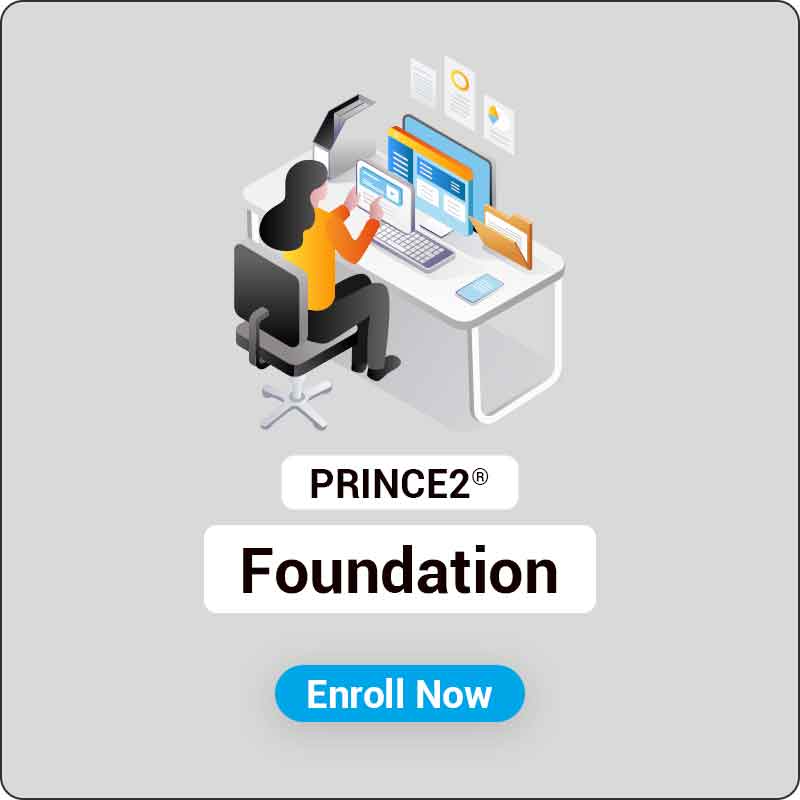
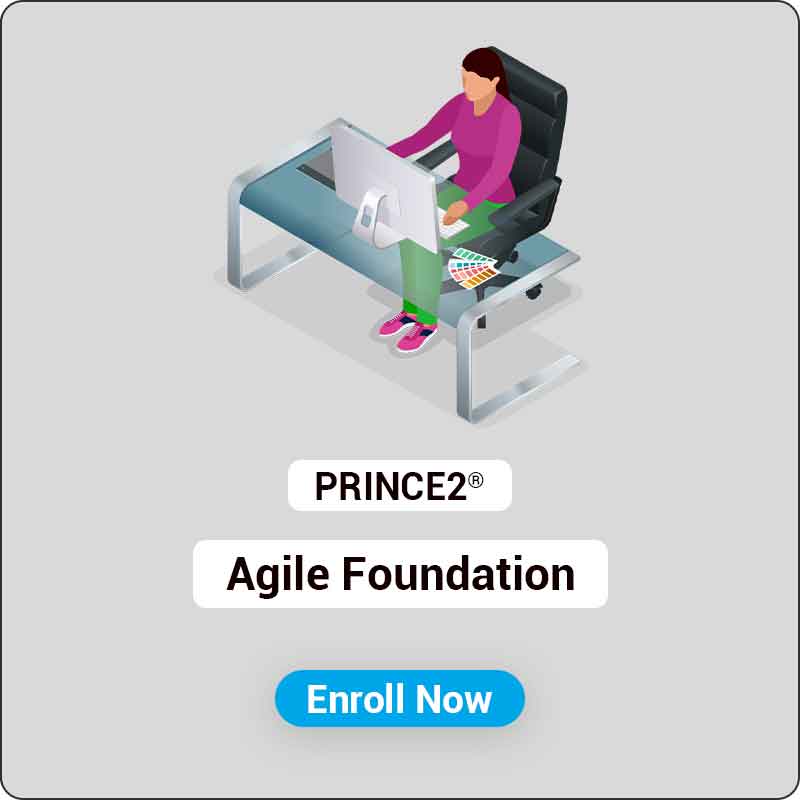
.jpg)
-compressed.jpg)



